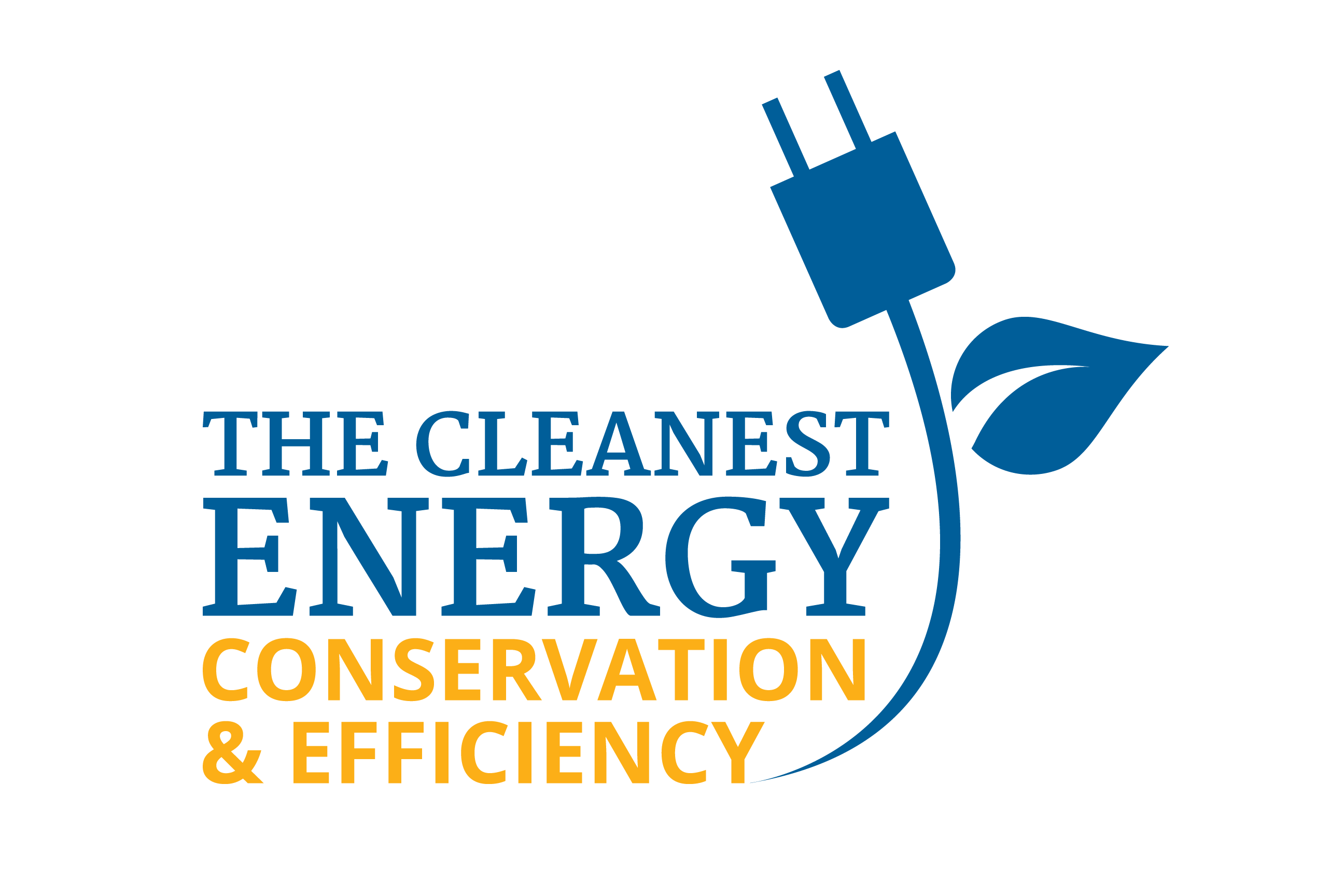
STAND UP FOR ENERGY SAVINGS
Energy Conservation & Efficiency
In a victory for renewable energy, legislation that would have held up North Carolina's transition to clean, electrified buildings has been rejected.
In a victory for renewable energy, legislation that would have held up North Carolina’s transition to clean, electrified buildings has been rejected.
On Dec. 9, Gov. Roy Cooper announced that he vetoed HB 220, a bill that would have taken away communities’ rights to choose to electrify their buildings. If it had become law, the bill would have made transitioning away from antiquated, gas-powered buildings nearly impossible.
“HB 220 would have clipped the wings of our local decision-makers to be a part of the clean energy movement,” said Krista Early, Environment North Carolina advocate. “Gov. Cooper’s veto clears the way for us to tap into electric buildings that take advantage of clean energy sources in a way that not only reduces air and water pollution but also prevents the worst impacts of climate change.”
More than 25 local governments in North Carolina have already made commitments to transition to 100% clean energy, and electric buildings are critical to making that happen.
Read more about this story.
Lean more about our Cleanest Energy Conservation Efficiency campaign.
Sign Up
Photo: Environment North Carolina has been working to convince campuses and cities across the state to go 100% renewable. Credit: John Autry
Hot water to keep ourselves, our clothes and our dishes clean shouldn't pollute our air and warm our planet.
Send a comment
